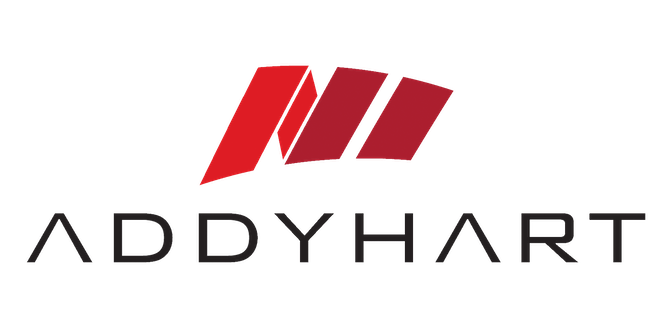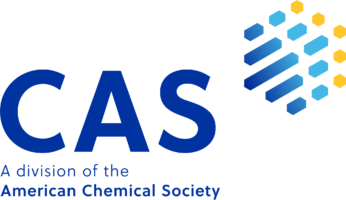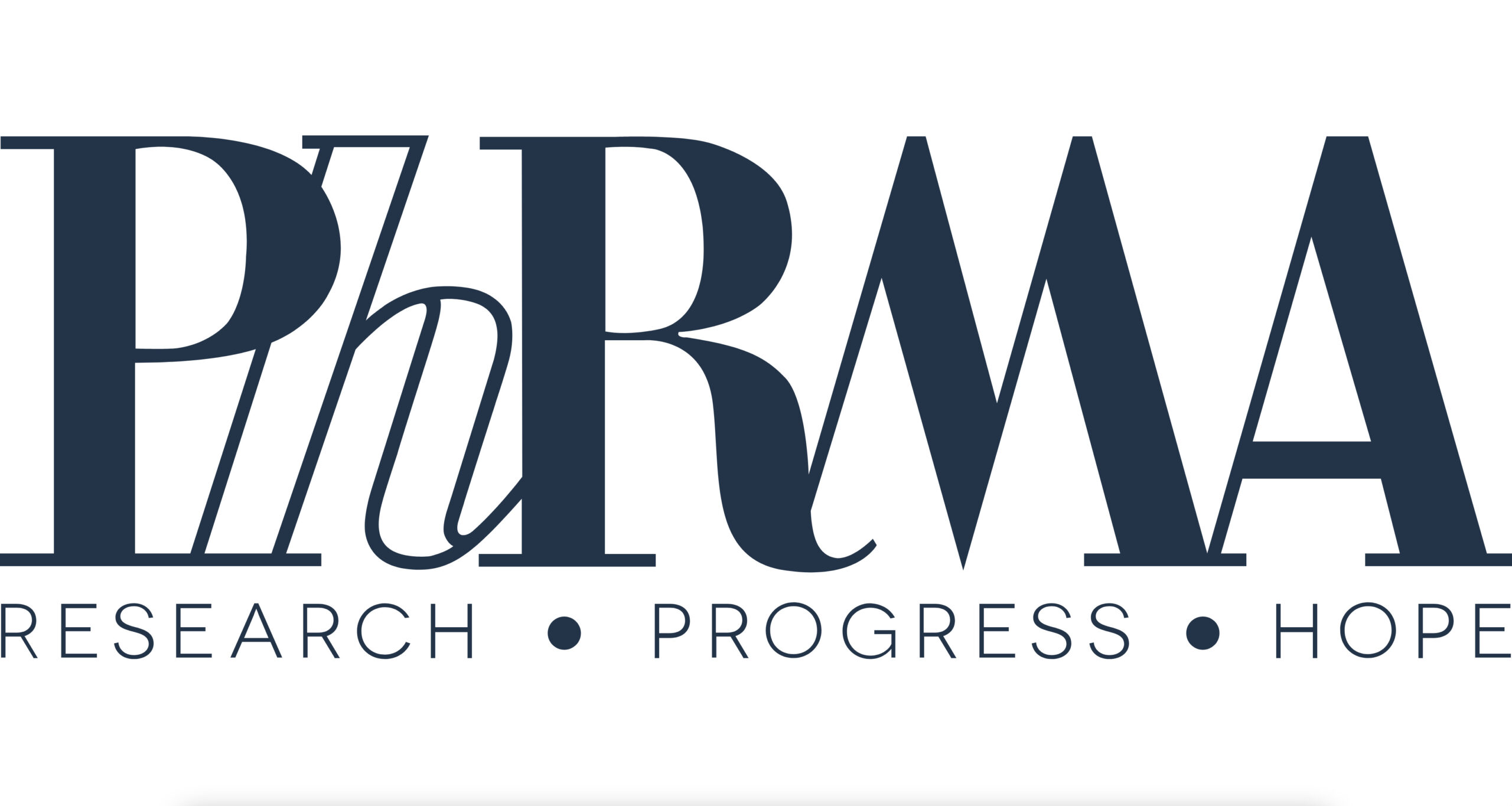
Event Session
The Future of Claim Drafting after Amgen: How Much Disclosure is Enough to Enable Claims?
October 17, 2023 @ 11:05 AM EST
11:05 AM ET
October 17, 2023
The Future of Claim Drafting after Amgen: How Much Disclosure is Enough to Enable Claims?
The United States Supreme Court issued its decision in Amgen, Inc. v. Sanofi et al. The Court held, as many feared they would, that the 26 antibody examples and detailed instructions for generating additional antibodies within the genus—which covered some 400 pages and included a CD Rom of the x-ray crystallography coordinates of Amgen’s “anchor” (or lead) antibodies 21B12 (Repatha) and 31H4—was insufficient to satisfy the enablement requirement.
Unfortunately, the Supreme Court did not explain what level of detail would have been sufficient, nor did the Court provide direction to the industry on what more is expected to satisfy the enablement requirement. What we do know, however, is that the Supreme Court affirmed the Federal Circuit, who ruled that Amgen failed to enable a person skilled in the art to make and use its invention. The court said Amgen’s patent claims covering its Repatha cholesterol treatment were defined by meeting functional limitations, rather than by structure, and that the patent specifications didn’t enable the preparation of the full scope of the claims without undue experimentation.
The Federal Circuit has also recently relied on Amgen to find that claims of Baxalta’s U.S. Patent No. 7,033,590 directed to an alternative treatment for Hemophilia A was not enabled. On appeal, Baxalta argued that skilled artisans can obtain the full scope of claimed antibodies without undue experimentation by “using the routine hybridoma-and-screening process disclosed in the ’590 patent.” But, recapping the Supreme Court’s Amgen holding, the CAFC said the facts of Baxalta’s case were indistinguishable.
This panel will discuss the Supreme Court and Federal Circuit’s ruling in Amgen, as well as other related decisions, including the recent decision Baxalta Inc. v. Genentech, Inc. Among other things, the panel will tackle the following questions:
1.Does the Amgen decision categorically eliminate broad genus claims?
2. Does Amgen and related cases create heightened requirements, or merely state the same old historic enablement requirement?
3. What can and should patent practitioners do to satisfy the enablement requirement moving forward? How many examples are necessary to fully enable an invention?
4. Are broad genus claims dead? What level of disclosure is required to adequately support broad genus claims?
5. What claiming strategies can and should be employed to fully and fairly protect biopharmaceutical innovations moving forward? Should practitioners be considering use of means-plus-function claiming?
Materials
SCOTUS Ushers in New Era of Enablement in Amgen v. Sanofi
Federal Circuit Axes Antibody Claims for Hemophilia Treatment Under Amgen
NOTE: Gene Quinn, President & CEO of IPWatchdog, will moderate this panel.
The United States Supreme Court issued its decision in Amgen, Inc. v. Sanofi et al. The Court held, as many feared they would, that the 26 antibody examples and detailed instructions for generating additional antibodies within the genus—which covered some 400 pages and included a CD Rom of the x-ray crystallography coordinates of Amgen’s “anchor” (or lead) antibodies 21B12 (Repatha) and…












